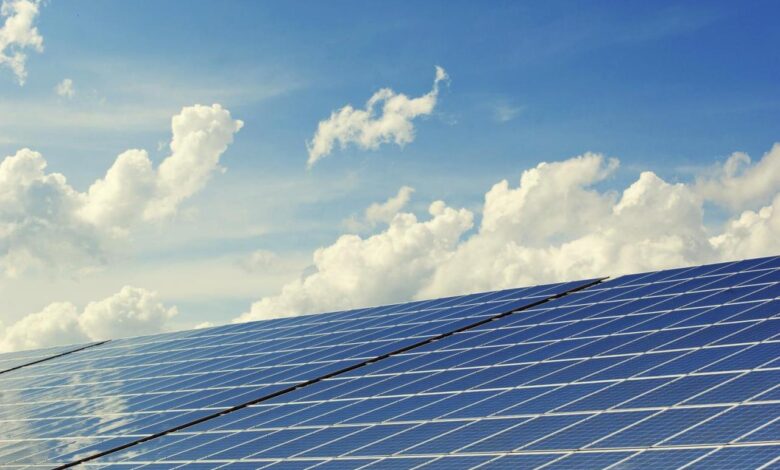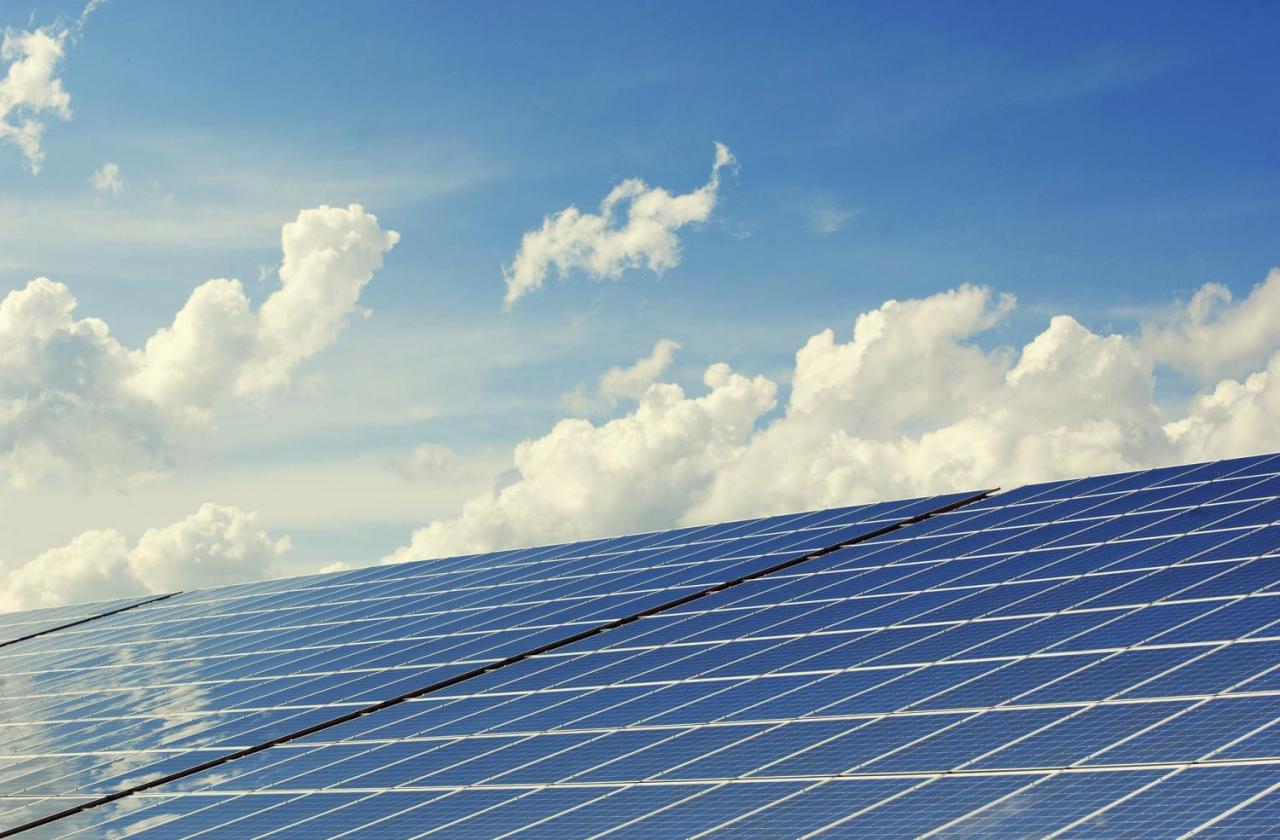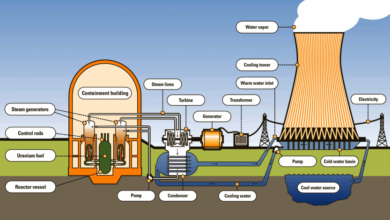
How Cheap Solar Power Will Change the World
How cheap solar power will change the world is no longer a question, but a rapidly unfolding reality. The plummeting cost of solar panels, driven by technological innovation and economies of scale, is poised to revolutionize our energy systems, economies, and even our geopolitical landscape. We’re on the cusp of a clean energy revolution, and it’s far more exciting (and impactful) than you might think.
Imagine a world where access to clean, affordable electricity is a universal right, not a luxury. Picture communities unshackled from the volatility of fossil fuel markets, and entire nations empowered by their own renewable energy resources. That future, powered by the sun, is closer than you think. This post delves into the multifaceted ways cheap solar power is reshaping our world, from its impact on global energy grids to its potential to mitigate climate change and foster economic growth.
Geopolitical Implications: How Cheap Solar Power Will Change The World

The plummeting cost of solar power is reshaping the global energy landscape, triggering significant geopolitical shifts. Access to affordable and clean energy is no longer a privilege confined to a few wealthy nations, but a potential reality for billions. This transition, however, is not without its complexities, presenting both opportunities and challenges to international relations and energy security.The widespread adoption of solar energy has the potential to significantly alter global energy security dynamics.
Nations heavily reliant on volatile fossil fuel markets, particularly those in politically unstable regions, could experience increased stability by diversifying their energy sources. This shift reduces their dependence on potentially unreliable or adversarial suppliers, leading to greater energy independence and potentially reducing the leverage these suppliers hold.
Impact on Global Energy Security
Reduced reliance on fossil fuels translates to decreased geopolitical tensions stemming from resource competition. The Middle East, for example, traditionally a dominant player in the global oil market, could see its influence diminish as solar energy becomes increasingly prevalent. This shift isn’t necessarily negative; it could foster greater regional stability by reducing the strategic importance of oil reserves, which have historically fueled conflict.
Conversely, countries currently dominating solar technology manufacturing could gain significant economic and political power, creating new avenues for influence and potentially new forms of dependency. The transition to solar necessitates a careful consideration of these shifting power dynamics.
International Cooperation in Solar Energy Adoption
Successful global solar energy adoption requires substantial international collaboration. Sharing technological advancements, fostering capacity building in developing nations, and establishing fair and transparent global supply chains are crucial elements. Initiatives like the International Solar Alliance (ISA) aim to facilitate this cooperation by bringing together solar-resource-rich countries to promote solar energy deployment. However, navigating competing national interests and ensuring equitable access to technology and financing remains a significant challenge.
Effective international agreements and frameworks are needed to ensure that the benefits of cheap solar power are shared globally, preventing a scenario where only certain nations prosper at the expense of others.
Global Supply Chains for Solar Energy Technologies, How cheap solar power will change the world
The global supply chain for solar energy technologies is currently concentrated in a few key regions, notably China. This concentration presents both opportunities and challenges. While it has enabled economies of scale and reduced manufacturing costs, it also creates vulnerabilities. Geopolitical tensions or disruptions in any part of this supply chain could significantly impact the global rollout of solar energy.
Diversifying manufacturing capabilities and establishing more resilient and geographically distributed supply chains are vital to mitigating these risks. This diversification requires substantial investment and international cooperation to foster technological development and manufacturing capacity in various regions. For example, the EU is actively pursuing strategies to reduce its reliance on China for solar panel components.
Empowering Developing Nations
Cheap solar power offers a transformative opportunity for developing nations. It provides a pathway to leapfrog traditional fossil fuel-based energy infrastructure, fostering economic growth and improving living standards. Access to reliable and affordable electricity can empower communities, enhance educational opportunities, improve healthcare access, and stimulate economic activity. By reducing their dependence on imported fossil fuels, developing nations can gain greater energy independence and channel resources into other crucial sectors.
However, ensuring equitable access to solar technology and financing, and providing the necessary technical expertise and support, are crucial for realizing this potential. Projects focused on decentralized solar energy solutions, tailored to the specific needs of individual communities, are essential to achieving this goal.
The falling cost of solar power isn’t just a technological advancement; it’s a catalyst for profound global change. From empowering developing nations to mitigating climate change and reshaping global energy markets, the impact is undeniable. While challenges remain in grid integration and the environmental footprint of manufacturing, the trajectory is clear: solar energy’s affordability is unlocking a cleaner, more sustainable, and more equitable future for all.
The sun’s potential is finally within reach, and the world is about to be transformed.
Imagine a world powered by the sun, where electricity is affordable for everyone. Cheap solar power could revolutionize developing nations, but even in seemingly unconnected areas, access to energy impacts lives profoundly; for instance, the article how i became the talibans portrait artist highlights the human cost of instability, a cost that could be lessened with reliable, accessible power.
Ultimately, widespread solar adoption means brighter futures, literally and figuratively.
Imagine a world powered by the sun, where energy costs plummet and everyone has access to clean power. Cheap solar is making this a reality, impacting everything from individual homes to global economies. It’s a shift as monumental as, say, the political battles brewing in Washington, like the one where McCarthy is holding up the defense bill – as reported here: mccarthy says defense bill wont move forward unless military vaccine mandate dropped – because even massive political shifts pale in comparison to the potential of readily available, affordable solar energy to reshape our future.
This clean energy revolution promises a brighter, more sustainable world for us all.
The plummeting cost of solar power is poised to revolutionize global energy access, impacting everything from individual homes to entire nations. Think about the implications for surveillance and intelligence gathering – consider how this affects the strategies outlined in this insightful article on how spies should use technology – as even covert operations will need to adapt to a world increasingly powered by clean, readily available energy.
Ultimately, cheap solar energy could reshape geopolitical landscapes as dramatically as it transforms individual lives.





